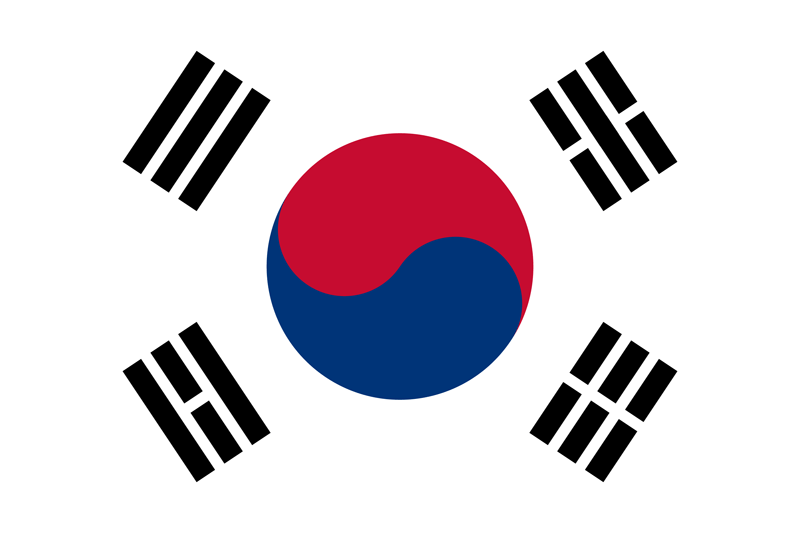 Host Nation - Republic of Korea
Host Nation - Republic of Korea
Dawn of June 25, 1950, soldiers from the North Korean People’s Army poured across the 38th parallel that divided them from the Republic of Korea to the south. Later that same day, United Nations Security Council Resolution (UNSCR) 82 determined that the armed attack by the North Korean People’s Army was a breach of peace and called for the immediate cessation of hostilities; including the withdrawal of North Korean armed forces back to the 38th parallel.
On June 27, 1950, UNSCR 83 recommended that as the North Korean armed forces had not yet ceased hostilities, nor withdrawn to the 38th parallel, that “urgent military measures are required to restore international peace and security.” UNSCR 83 recommended that Members of the United Nations provide assistance to the Republic of Korea "to repel the armed attack and restore international peace and security in the area."
UNSCR 84 recommended a unified command under the leadership of the United States of America, and authorized this unified command to use the United Nations flag in the course of its operations against North Korean forces. Twenty-two countries contributed to United Nations Command, offering their support and troops or medical assistance to restore international peace and security in the region.
At the onset of the Korean War, South Korean military forces consisted of 103,827 soldiers; 1,051 artillery; 36 ships; and 22 planes versus North Korea's 188,297 soldiers; 242 tanks; 2,492 artillery; 110 ships; and 226 planes. By the time the Armistice Agreement was finally signed on July 27, 1953, South Korean military casualties amounted to 137,899 soldiers killed, 450,742 injured, 24,495 missing, and 8,343 captured. Civilian casualties were approximately 990,968.
Despite not achieving a peace treaty following the Armistice Agreement and technically remaining at war with North Korea, South Korea transformed itself from a war-torn country to a global economic leader with an advanced military. Their rapid reconstruction and economic development within a generation's time span is often referred to as the "Miracle on the Han River" and is a prime economic model for other developing countries.